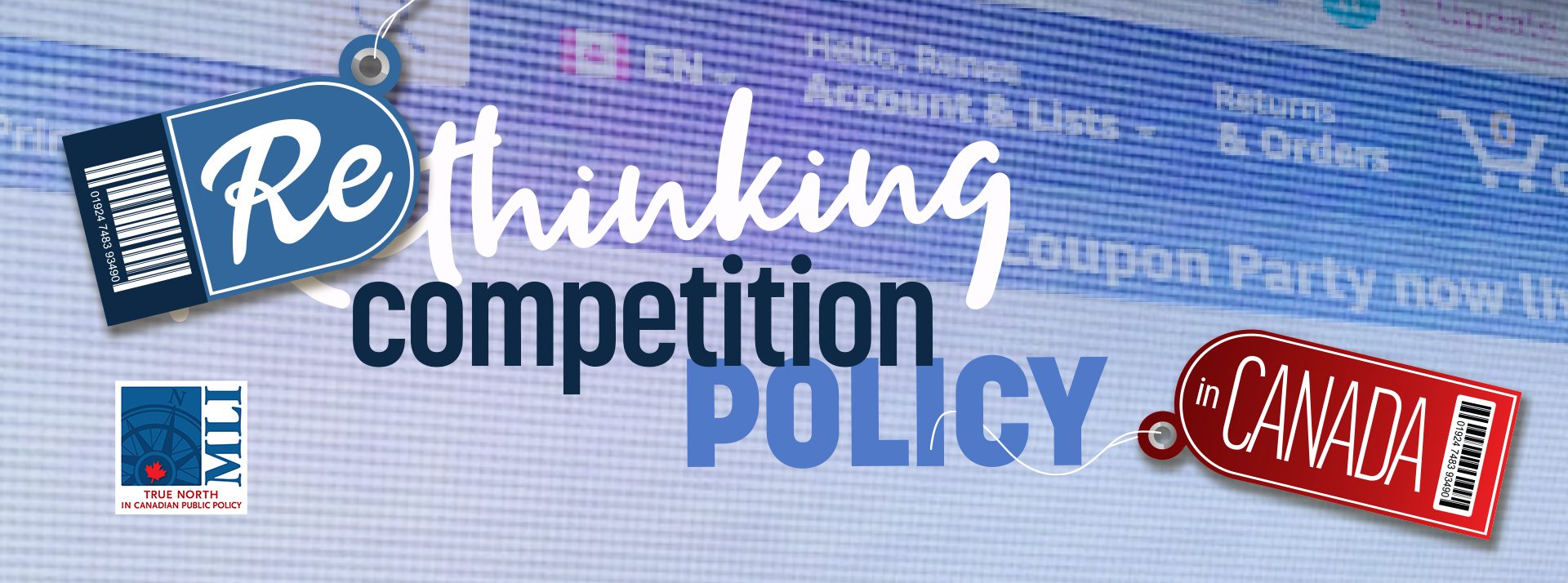
In the face of our rapidly evolving economy, the time has come to reconsider and redefine Canada’s competition policy. With technological advancements, changing consumer behaviors, and emerging market trends, it is crucial to adapt our approach to ensure a fair and competitive business landscape. This article delves into the pressing need for reevaluating competition policy in Canada, exploring its impact on the economy and proposing a new framework for effective regulation.
Understanding the Shifting Landscape
The Canadian economy has experienced significant transformations over the years, fueled by technological advancements and globalization. Traditional market structures have been disrupted by the emergence of online platforms, digital services, and global supply chains. As a result, the dynamics of competition have changed, challenging the effectiveness of existing competition policies.
The Role of Competition Policy
Competition policy plays a vital role in safeguarding fair market practices, preventing anti-competitive behavior, and promoting innovation and consumer welfare. It aims to create an environment where businesses can compete on a level playing field, fostering efficiency and encouraging new entrants. However, with the changing economic landscape, it is crucial to reassess the adequacy of current policies in addressing new challenges.
Addressing Technological Disruption
One of the key challenges in rethinking competition policy lies in effectively addressing the impact of technological disruption. Digital platforms have become dominant players in various sectors, accumulating vast amounts of consumer data and leveraging network effects. This concentration of power raises concerns about potential monopolistic behavior, stifling innovation, and limiting consumer choice.
To address these concerns, competition policy should focus on promoting competition in digital markets. This can be achieved through measures such as promoting data portability and interoperability, encouraging open standards, and enhancing transparency and accountability in algorithmic decision-making processes. By fostering a competitive digital ecosystem, we can ensure that consumers have access to a diverse range of choices and that innovative startups have a fair chance to thrive.
Embracing Market Innovation
In an era of rapid technological advancements, competition policy should embrace and facilitate market innovation. The emergence of disruptive technologies and business models has the potential to drive economic growth and improve consumer welfare. However, outdated regulations and restrictive policies can impede the entry of innovative players and stifle market dynamism.
To encourage market innovation, competition policy should adopt a more flexible and forward-looking approach. This involves carefully assessing the competitive effects of new business models and considering their potential benefits for consumers. Rather than relying solely on traditional market metrics, policymakers should evaluate factors such as innovation, quality, and consumer choice when assessing the competitive impact of emerging players.
Balancing Efficiency and Consumer Welfare
While promoting efficiency is a central goal of competition policy, it is equally important to ensure consumer welfare remains a top priority. Efficiency gains should not come at the expense of reduced choice, higher prices, or compromised quality. Striking the right balance between efficiency and consumer welfare requires a nuanced and comprehensive approach.
Competition policy should focus on protecting consumers from anti-competitive behavior, promoting price transparency, and preventing unfair practices that harm consumer interests. Additionally, regulatory authorities should actively engage with stakeholders, including consumer advocacy groups and industry experts, to gather insights and ensure that policies adequately address consumer needs and concerns.
Strengthening Enforcement Mechanisms
For competition policy to be effective, robust enforcement mechanisms are essential. Clear guidelines, proactive investigations, and stringent penalties for anti-competitive behavior deter market abuses and instill confidence in the business community and consumers alike.
